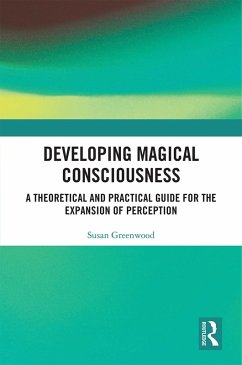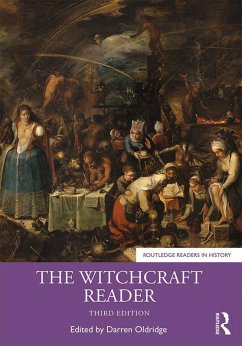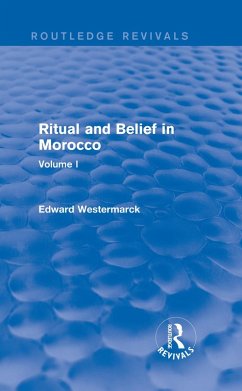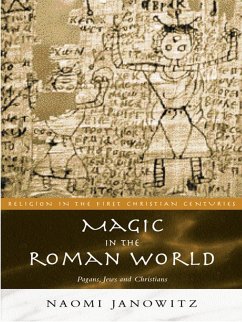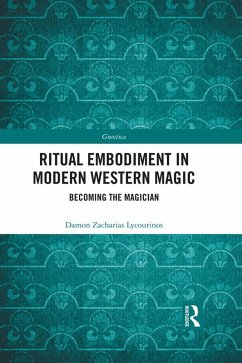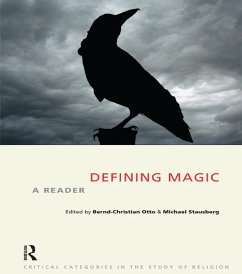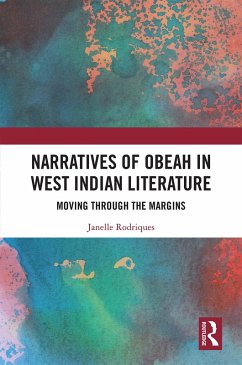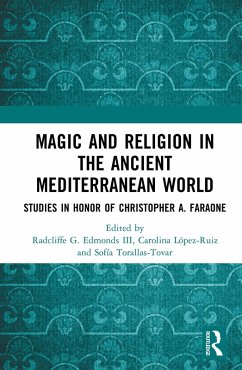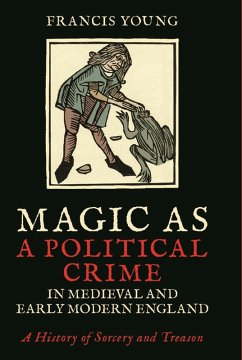
Love Magic and Control in Premodern Iberian Literature (eBook, PDF)
Versandkostenfrei!
Sofort per Download lieferbar
39,95 €
inkl. MwSt.
Weitere Ausgaben:

PAYBACK Punkte
20 °P sammeln!
This book explores the complexity of Iberian identity and multicultural/multi-religious interactions in the Peninsula through the lens of spells, talismans, and imaginative fiction in medieval and early modern Iberia. Focusing particularly on love magic-which manipulates objects, celestial spheres, and demonic conjurings to facilitate sexual encounters-Menaldi examines how practitioners and victims of such magic as represented in major works produced in Castile. Magic, and love magic in particular, is an exchange of knowledge, a claim to power and a deviation from or subversion of the licit pr...
This book explores the complexity of Iberian identity and multicultural/multi-religious interactions in the Peninsula through the lens of spells, talismans, and imaginative fiction in medieval and early modern Iberia. Focusing particularly on love magic-which manipulates objects, celestial spheres, and demonic conjurings to facilitate sexual encounters-Menaldi examines how practitioners and victims of such magic as represented in major works produced in Castile. Magic, and love magic in particular, is an exchange of knowledge, a claim to power and a deviation from or subversion of the licit practices permitted by authoritative decrees. As such, magic serves as a metaphorical tool for understanding the complex relationships of the Christian with the non-Christian. In seeking to understand and incorporate hidden secrets that presumably reveal how one can manipulate their environment, occult knowledge became one of the funnels through which cultures and practices mixed and adapted throughout the centuries.
Dieser Download kann aus rechtlichen Gründen nur mit Rechnungsadresse in A, B, BG, CY, CZ, D, DK, EW, E, FIN, F, GR, HR, H, IRL, I, LT, L, LR, M, NL, PL, P, R, S, SLO, SK ausgeliefert werden.





